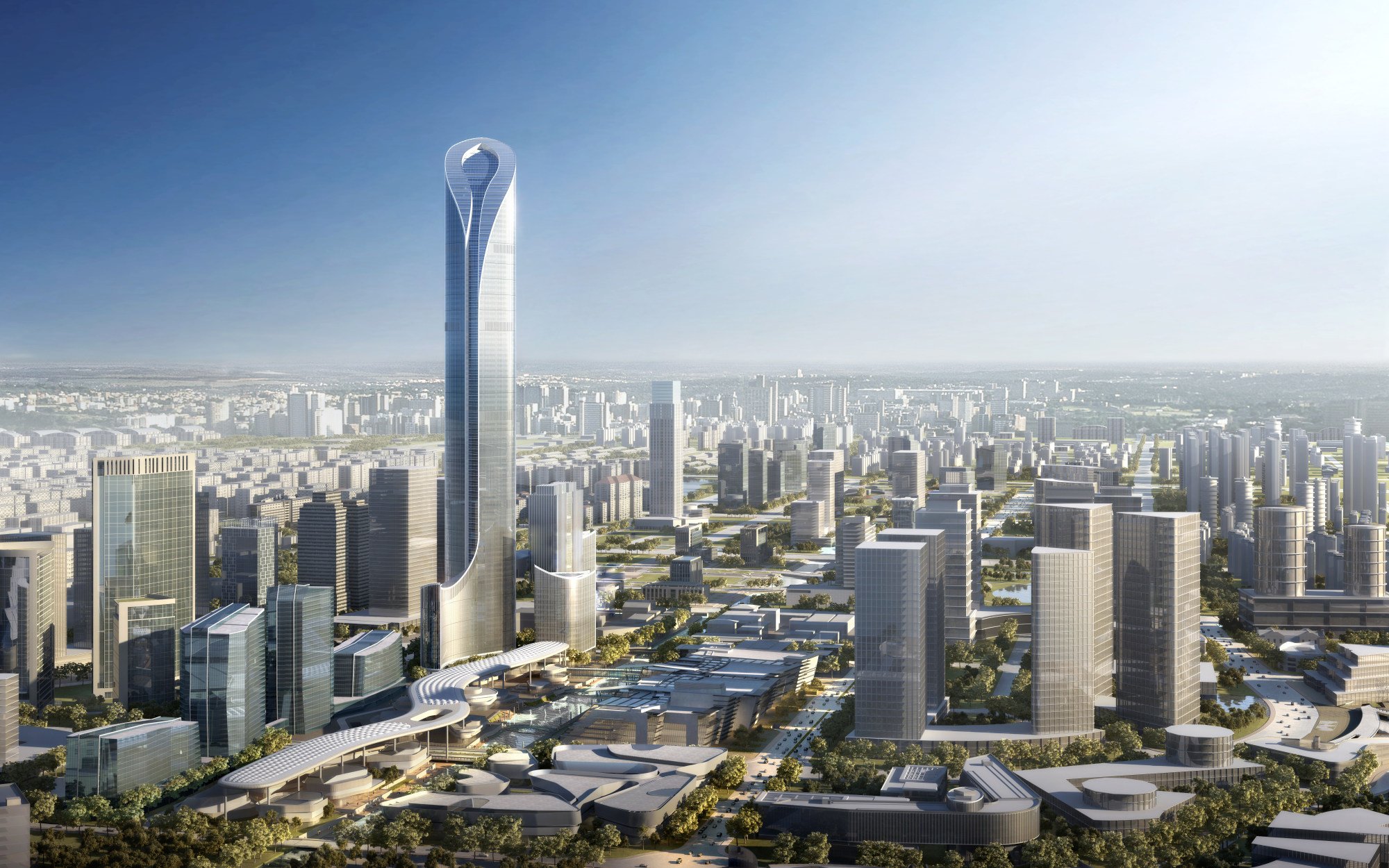[ad_1]
Wharf Hotels, the hospitality arm of property developer Wharf Holdings, is expanding its footprint in mainland China as the country’s tourism sector rebounds, in a move that also reflects its anticipation of higher occupancy ratios and increased room rates as corporate spending surges.
The company, which owns hotel brands Niccolo, Marco Polo and Maqo, is also considering new outlets both at home and abroad.
“We are very optimistic and are taking a relatively aggressive approach to our business growth next year,” Robert Cousins, general manager of Niccolo Suzhou, told the Post in an interview. “Corporate travel will become more significant next year because business has fully opened up.”
The general manager said Niccolo, a luxury brand that is considered to be on a par with The Peninsula and Mandarin Oriental, was in discussions with potential partners about new openings on the mainland and in markets like Japan and Thailand. He did not disclose details such as locations and timetables for the new hotels.

“We have seen a significant amount of travellers that have come back,” Cousins added.
Niccolo Suzhou occupies the top floors of the 450 metre high Suzhou International Square, the tallest skyscraper in China’s eastern Jiangsu province, and has 233 rooms including 20 suites.
Cousins’ remarks about Niccolo’s growth strategy came after Wharf Hotels, in September, unveiled its plan to open 25 Maqo hotels by 2025.
The company launched its first Maqo hotel in Changsha, China’s central Hunan province, last month, taking its first step in building a premium lifestyle brand. Marco Polo is an upper-middle range hotel brand.
“Niccolo has been very successful in the mainland market and has the potential to become a bigger brand,” said Stephen Ng, chairman and managing director of the Wharf group. “Maqo is of course new, but our research indicates Changsha would be a good market to launch this new brand from. Both brands are ‘Made in China’ and we hope to take them overseas when we are more ready.”
Hotels in China have benefited from a pick up in travel during Labour Day holidays in May and National Day holidays in October, with a huge surge in post-pandemic demand allowing them to raise their room prices aggressively, with some commanding a more than tenfold increase.
Among the 19 tourism-related companies listed on mainland Chinese stock exchanges, 15 reported a financial turnaround according to their latest interim reports.
In Shanghai, total spending on hotels and dining out soared by 42 per cent to 19.4 billion yuan (US$2.7 billion) in the first half, outpacing the city’s 9.7 per cent growth in gross domestic product, according to official statistics.
Wharf Hotels’ expansion plan echoes pledges by international brands such as Accor and IHG early this year, to open more outlets in China, the world’s largest consumer market which has 400 million middle-income wage earners.
Jin Hui, CEO of H World Group, China’s second-largest hotel chain operator, said in June that the dynamic tourism market, emergence of a powerful middle class and changing spending habits of young people, had stoked demand for high-quality hospitality options in the country.
Business advisory firm Renub Research said in a report in September that China’s hotel market would grow at an annualised pace of 8.9 per cent and is expected to top US$166 billion by 2028, spurred by increasing tourism, a growing middle class, and government initiatives to promote the hospitality industry.
[ad_2]
Source link
